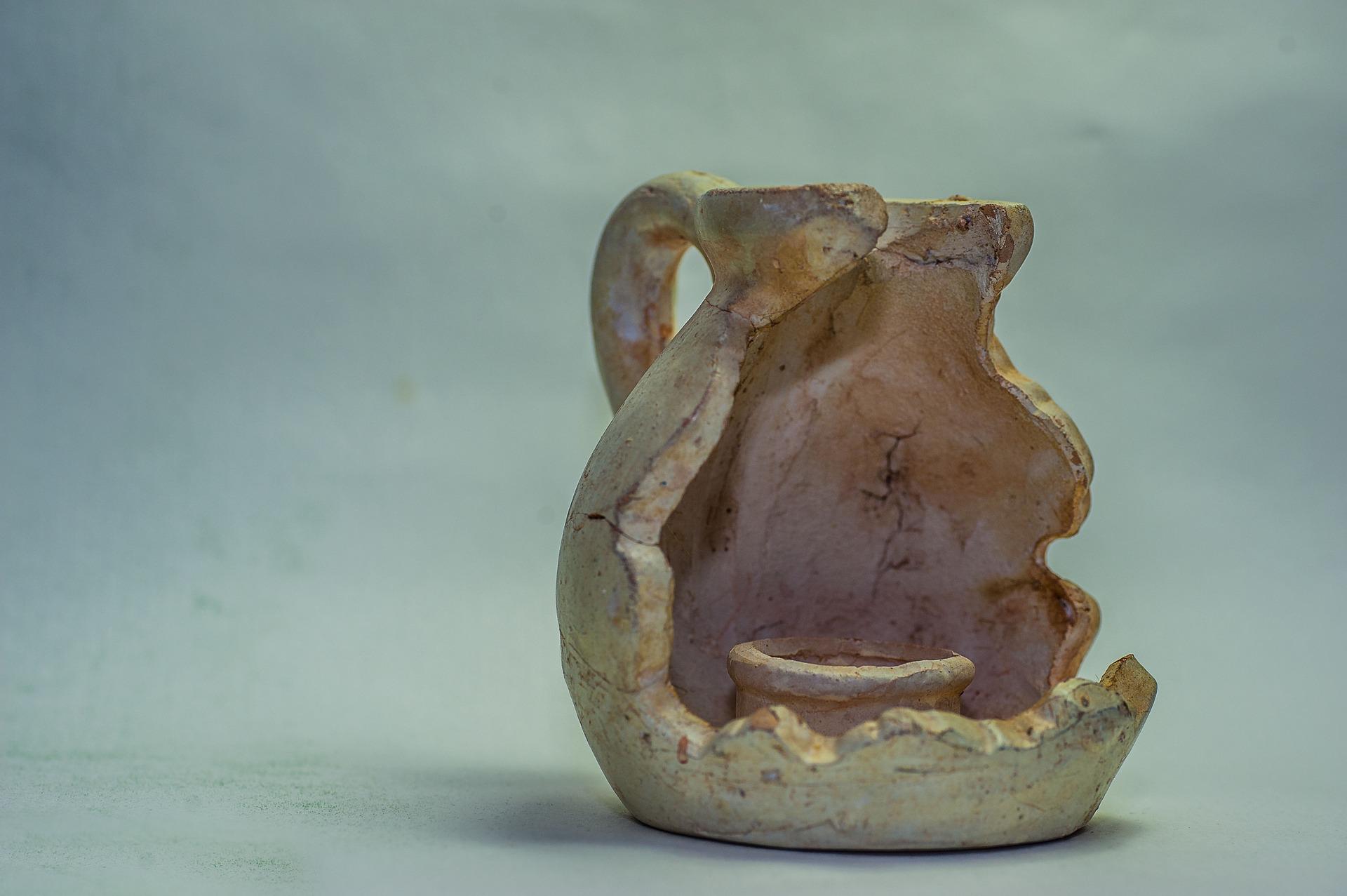The Desert Fathers and Mothers and the Mystics of all ages point out that the faithful committed practice of one-pointed attention in meditation/prayer leads to a wider awareness. It starts, however, with more awareness of our wounded ego and how its conditioning blocks our spiritual awareness of the Presence of Christ. We note how automatic our response to an emotional stimulus is. Moreover, we so often forget the cause lies in us:
A brother was restless in the community and often moved to anger. So he said:” I will go and live somewhere by myself. And since I shall be able to talk or listen to no one, I shall be tranquil, and my passionate anger will cease.” He went out and lived alone in a cave. But one day he filled his jug with water and put it on the ground. It happened suddenly to fall over. He filled it again, and again it fell. And this happened a third time and in a rage he snatched up the jug and broke it. Returning to his right mind, he knew that the demon of anger had mocked him, and he said: “I will return to the community. Where ever you live, you need effort and patience and above all God’s help.”
This story teaches us how essential awareness of our habitual reactions is and how helpful both solitude and interacting with others is in this regard. But without grace and the silence of regular periods of meditation we would not hear the inner intuitive voice of the ‘self’ that affords us insight in the conditioned roots of our present conduct. We become aware of the fact that these blind responses were determined in a particular time and place and are often no longer relevant. An attitude of detachment from the behaviour of the ‘ego’, a standing slightly apart, creates a gap between stimulus and response, a gap in which choices can be made as to how to react. This is real freedom. We can break through the relentless inevitability of our behaviour; the fixed template can be loosened, habitual defensive structures can be removed and a free creative response is possible.
Like the monk in the story our strongest habitual responses are often anger or the other side of the same coin – depression. This is reflected in the detailed teaching from the Desert Tradition about the ‘Demon of Anger’. The Desert hermits considered that one way of dealing with the automatic angry response to the insults of others was the virtue of humility. It reminds me of a Zen story: “A hermit, who lived in the forest close to a village, was one day confronted by an angry crowd of villagers, who accused him of having made a young girl pregnant. “Is that so?” was all he said. He took the young girl in and looked after her. After some time had passed the young girl went back to the village and confessed to her parents that she had lied; the son of their neighbour, whom she loved, was the father. The villagers went back to the hermit, apologized profusely, telling him the story. All he said was: “Is that so?”





